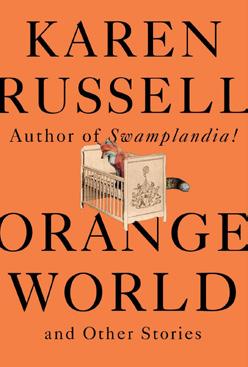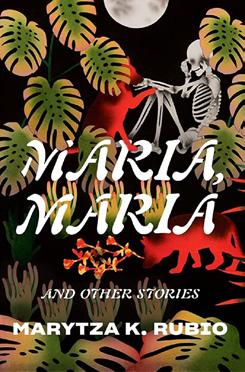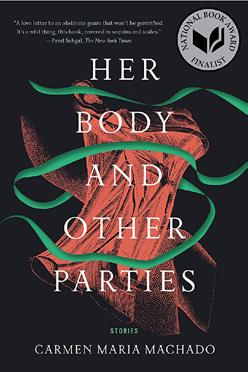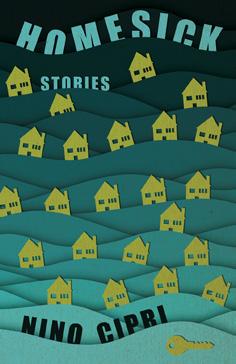
6 minute read
A Q&A with Spokane-based startup GoldenSHERPA
Spokane-based startup, GoldenSHERPA is a global platform for senior living solutions that aims to empower consumers and providers in the eldercare industry with unbiased and easy to understand information. Founder Margie Bensching reflects on Spokane Public Library’s impact on their startup journey.
How has Spokane Public Library been able to support you in your startup journey?
Advertisement
Spokane Public Library has been a resource for my company from day one. I started accessing business resources by attending a Business Model Canvas class at the idea stage. During my first business accelerator, I was introduced to IBIS World and Statista. These two resources alone give me access to information I could not afford as a startup. I have a market research background and understand how expensive and essential market research is to business.
What’s next for GoldenSHERPA?
GoldenSHERPA continues to add providers in Eastern Washington and across the state. Right now, we are waiting to hear if we were accepted into a program that offers seed funding to startups working to eliminate barriers in health and healthcare. If accepted, GoldenSHERPA will work with families and providers on the east coast. We went to Brazil in May as part of the Washington State Department of Commerce International Small Business Trade Delegation, attending the Hospitalar Conference. It was the first time GoldenSHERPA shared our company and vision with over 700,000 healthcare professionals. I have always imagined helping ex-pats find information about senior living for their parents and themselves in their home countries. I know more than 2 million Brazilian ex-pats are currently in the United States.
Lastly, while I don’t have the time to drop in as much as I’d like, I want to encourage all entrepreneurs to use the Business Lab located at Central Library. It is a fantastic space for any startup to connect and access resources from an array of professionals who understand the startup world.
By Juan Juan Moses
Aseed flourishing into a mighty plant is often used as a metaphor to describe an idea growing into plans, actions, and outcomes.

The seed to plant a garden at one of our renovated libraries was planted by John Edmondson of Growing Neighbors Spokane—an initiative of Shadle Park Presbyterian Church to help neighbors grow and share healthy food and relationships all while creating more opportunities for equitable access to food.
The intent of the Discovery Garden at Shadle Park Library is to teach people how to grow organic, wholesome food and use what we grow as ingredients for our summer cooking classes. Consider it a mini one-stop shop for our “Farm-to-Table” series.

Though modest, the Discovery Garden is a living embodiment of our mission to be a community of learning. It is a place of discovery for all ages and a living extension of the books housed inside the library. The words and stories are in between the onion rows instead of the pages!
From young kids to seasoned adult gardeners, we’ve welcomed over 1,800 attendees to our garden-related events since 2021. Shadle Park Library has quickly become a horticulture hub of north Spokane!
Some of the most memorable partnerships have been Vets on the Farm for their weekly produce stand, a seven-part gardening series with Master Gardener and former Spokesman-Review garden columnist, Pat Munts, and the City of Spokane Water Department weekly Water Wise programs.
A garden is truly life’s best teacher. Every lesson one needs to learn is reflected in the garden—life, death, rebirth, the inevitable changes of seasons, the give and take of all kinds of relationships, parenting, and so on.
By Sharma Shields
In the library made of glass, the clerk dusts the glass books, the glass shelves, the glass computers. She, too, is made of glass, and her glass slippers click on the pale green floor as she moves through the rooms. Every morning the clerk readies the library for its opening, when the people made of glass clatter into the bright space and attempt to find sanctuary. Now and again something—or someone—breaks, and the clerk sweeps up the shattered pieces with her wire broom and metal dust pan, shaking out the dust in the large bins outside. When she cries over what’s been lost, her glass tears fall and plink against the floor like tiny marbles. The children rush to collect them, filling their pockets with these precious rare stones.
They smash the books out of fear or out of anger or out of misunderstanding.
The clerk understands the fragility of the library and of the people who gather here, herself included. She longs for others to understand it, too. She wants everyone to notice the young glass child who arrives and sits cross-legged in the children’s area, opening a selection of books one at a time. Each book reflects the child’s clear glass face back to them: These books, when opened, become mirrors. When the clerk moves through the stacks, she hears the books singing to her with their reflective potential: They are all distinct, these titles, but they sing in one ongoing chorus. The more varied the stories, the clerk knows, the healthier the people will be. She is grateful to see how much of the community cares for the library and all that it contains.

And yet there are always people who arrive with their hammers. They smash the books out of fear or out of anger or out of misunderstanding. They smash them because they, themselves, have been smashed. The clerk can sense how hurt these individuals are; she can see, in the right light, the cracks in their hands or forearms or faces or shins that are almost imperceptible unless you look closely. The clerk has her own cracks—she’s embarrassed of them. She wears long sleeves and long skirts to try to hide them. There are no people here who aren’t cracked somewhere, she thinks, but she notes, too, that some people learn to move more gently and carefully with their cracks and others prefer to take up their ball-peen hammers, opining, better to attack than be attacked. These are all modes of survival, the clerk notes, but she winces all the same when the hammers come crashing down.
One day the child arrives and nestles into her usual corner with a stack of glass picture books. Nearby a man roams the aisles, twirling a hammer in his hand. The clerk fastens herself to the space between the two of them, hypervigilant, lingering in case the man’s hurt boils over and he chooses to wield his only tool. It’s a vivid day in late spring, the sun pouring through the big windows, the glass books and shelves dazzling and dancing. The clerk sees how she shines, how the child and man shine, too, reflecting all of this radiance. She hears the man muttering to himself, about not liking the look of these books, about not seeing books that reflect him, and the clerk steps forward to say, “Yes, of course, we have books for you, we have books for all, because we share a world. The more varied the stories,” she explains, “the safer we’ll be.”
He lifts up a book in response, gazes at it, then shakes it at her, seething. He threatens to dash it on the ground. He lifts his hammer, makes a smashing motion.
The clerk senses her own fragility, the way she, too, can be shattered. But she stands firm, aware of the young child behind her, who has looked up from her reading to gaze at them, her glass face, furrowed with curiosity, freshly gleaming in the sunlight.
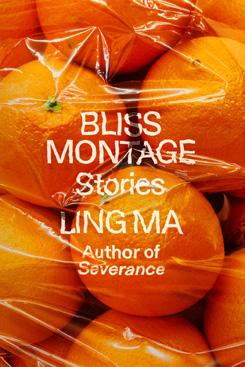
The clerk recognizes how afraid she is, afraid of the smashing of another book, afraid of the hammer, afraid for the young girl to both lose her books and to be attacked, herself. The clerk pushes against her own fear, struggling to find a voice and the right words to say to diffuse the man’s anger, but then there is a tinkling noise, a dozen fragile feet tripping across the floor, and the clerk finds that she no longer stands alone—here is the library community, a trove of glass people who stand with her, who have heard the rising voices and who wish to help protect the wealth of stories. The clerk, no longer alone, asks the man gently to return the book to the shelf. He casts his gaze
Save the Date for Spokane Is Reading
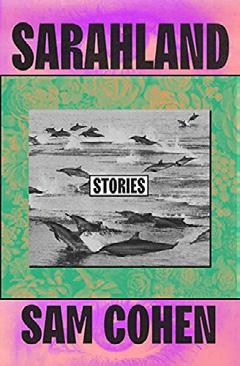
about, taking in all of the bodies around him, fragile in their individuality but stronger when together, and then sighs, handing the book to the clerk. The crowd disperses soon after, and the man leaves, even throwing his hammer in the bin outside as he passes into the gardens with their glass roses and buzzing crystal bees.

The clerk knows there will be others with hammers, that there will be more fraught moments when misunderstanding and fear and frustration threaten the peace of this sacred space, but for now she relaxes. She brings the girl a few more books. She assists other patrons, too, with books, with resources, with connection. She shelves a selection of new books, books she, herself, has ordered, a diversity of titles that reflect the sparkling luminescence of the children who gather here. The glass clerk hums as she works, and the books hum, too, their stories melting together into columns of light.
Sharma Shields is the Writing Education Specialist at Spokane Public Library. She is the author of a short story collection, Favorite Monster, and two novels, The Sasquatch Hunter’s Almanac and The Cassandra. Sharma’s short stories and essays have appeared in The New York Times, Electric Lit, Catapult, Slice, Slate, Fairy Tale Review, Kenyon Review, and more.
Read Lesser Known Monsters of the 21st Century and then join Spokane Public Library, Auntie’s Books, and SCLD for a discussion with the author on October 26. Read Alikes: Discover more magical realism titles
